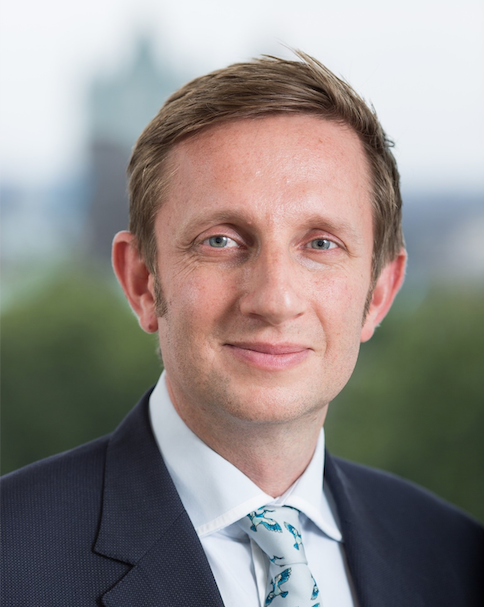Almost two-thirds (64%) of investors are negative or neutral on the short-term market outlook for the FTSE 100 index, and just over half (51%) are negative or neutral over the medium term, according to research undertaken amongst mass retail and sophisticated investors by the UK Structured Products Association(UKSPA).
Most investors (70%) have a negative or neutral perception on the short-term outlook for the S&P 500, and for the Euro Stoxx 50 (77%), according to market research conducted by the UKSPA. While, over the medium term, 59% held a negative or neutral view of the S&P 500 and 66% felt negative or flat on the outlook for the Euro Stoxx.
The Association said investors’ scepticism over the future performance of markets is being reflected in product preferences, with half of the ‘mass retail’ investor segment seeking low-risk products that offer full capital protection and a third (33%) of ‘sophisticated’ investors wanting the same.
The number of sophisticated investors seeking full protection has increased, up from 30% in 2017 to 33% in 2019.
Just under a third (30%) of all investor types said their ideal portfolio would hold products that put some capital at risk, while 18% are willing to put all capital at risk if it secured a higher potential return.
There has also been an increase in the number of investors seeking products that can offer positive returns when market growth is negative, with 78% of all investors expressing interest in such features, up from 75% who said the same in 2017.
Zak de Mariveles, chairman of the UK Structured Products Association, said: “Our survey shows that while there are some significant differences between demographics and their investment preferences, there are also striking similarities.
“In a world of lower returns, the survey shows most investors are sceptical on the outlook for the main market indices but still want to beat cash whilst protecting on the downside. There is a clear need for products that can continue to deliver positive returns in flat markets.
“Once invested, a large proportion of investors are happy to leave their money entirely alone for the duration of the investment, and happily a significant proportion of investors are willing to invest over longer-time frames, understanding that putting money to work in markets over many years, rather than months, is the only way to reap the best returns.”
The survey also revealed an increase in the number of people holding investments over the last two years, with 41% of those surveyed having actively invested in that time period – up from 35% in 2017. The proportion of people with no investments who are unlikely to invest over the next two years has fallen from 36% in 2017 to 29% in 2019.
Investors indicated the following investment preferences.
- Investors are most likely to invest managed funds (76%), developed market shares (72%) developed market equity indices (58%).
- The FTSE 100 is the most popular with 90% of investors ‘very likely’ or ‘somewhat likely’ to invest in it. 79% are likely to invest in the S&P 500 and 72% in the Euro Stoxx index.
- Nearly half (47%) of investors are willing to put their cash to work by investing for up to a decade, with 23% prepared to invest for more than 10 years.
- A third of sophisticated investors (32%) are willing to invest over the long-term (10+ years), while the majority of the mass retail segment (62%) prefer to invest in the short term (0-5 years).
- Once invested 45% of all investors would be happy to leave their money invested for the full life of an investment, 30% would be happy with limited access and just 25% would require full access to their funds.
Interest in structured products specifically has also grown, with 23% of investors stating that they have held or currently hold these products in their portfolios (up from 20% in 2017).
Mass retail investors said they invested to outperform cash (42%), to preserve capital (34%) and to save for a major purchase (26%). Whilst among sophisticated investors, 70% invested to outperform cash, 62% to preserve capital and 36% invest for the benefit of children or grandchildren.




































